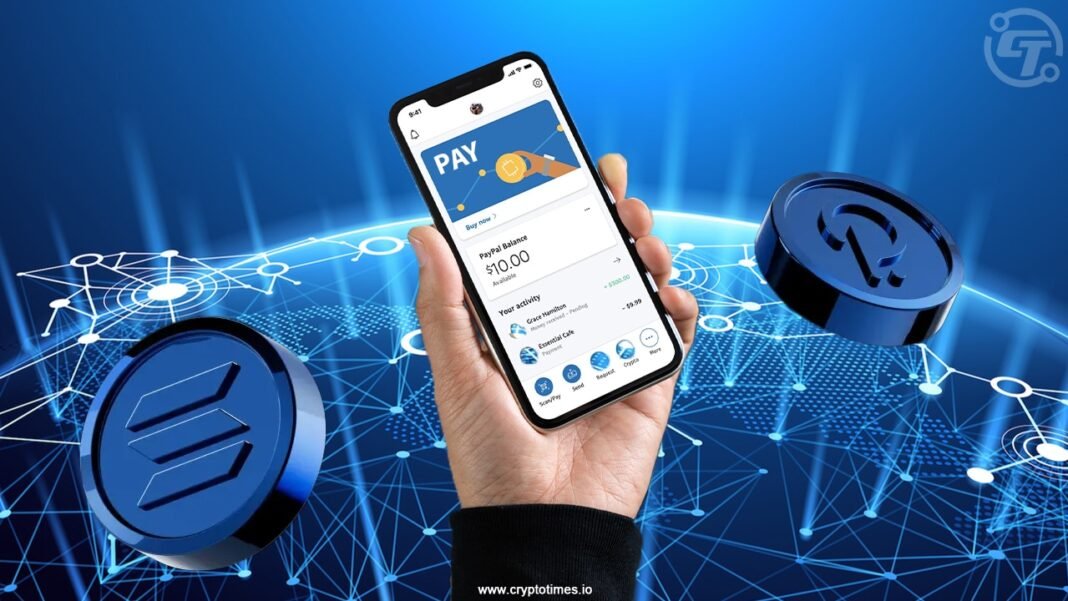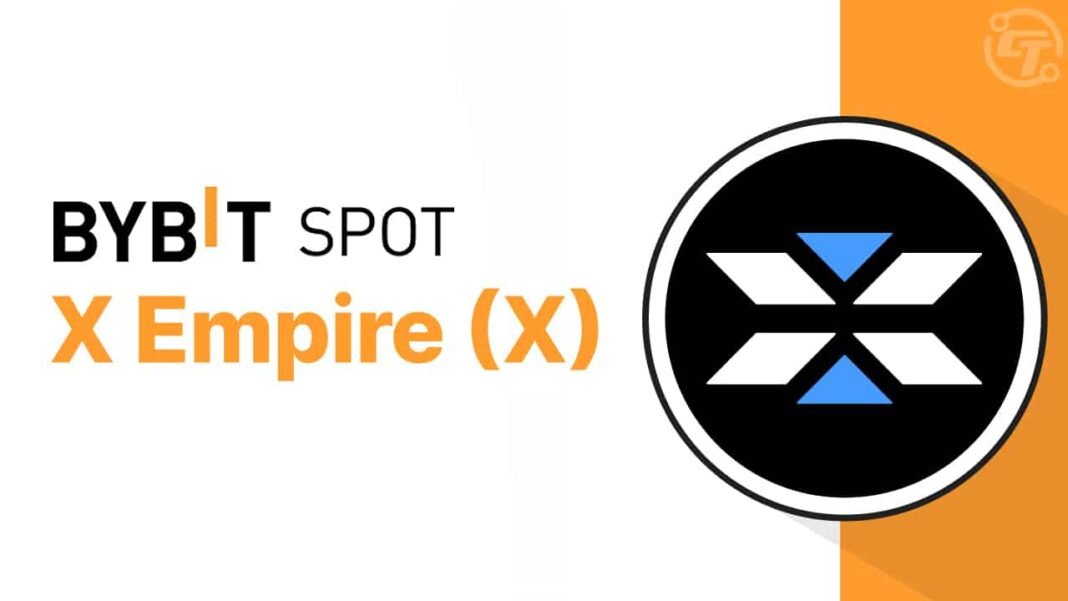The world of international payments is undergoing a significant transformation, driven by rapid technological advancements and financial innovations. From blockchain technology to real-time payment systems, these developments are shaping the future of cross-border transfers, making it easier and faster to send money across borders.
In this article, we’ll explore the top trends influencing international payments and their impact, whether you’re looking to send money from the UK or anywhere else in the world.
1. Real-Time Payments (RTP)
One of the most significant trends reshaping the landscape of international money transfers is the rise of real-time payments (RTP). Traditionally, cross-border payments often take several days to process due to intermediary banks and currency conversion. However, RTP enables funds to be transferred instantly, allowing recipients to access their money almost immediately.
The growing adoption of RTP networks is driving efficiency in the global payment system. For example, systems like the UK’s Faster Payments Service (FPS) have transformed domestic transfers, and now, cross-border RTP initiatives are emerging. In the future, more countries and regions are expected to integrate these technologies, drastically reducing the time it takes to send money from the UK to other countries.
2. Blockchain and Cryptocurrencies
Blockchain technology and cryptocurrencies are at the forefront of international payment innovation. By using decentralized ledgers, blockchain enables secure, transparent, and efficient transactions without traditional intermediaries like banks. This reduces both the time and cost of sending money internationally, especially for high-volume or frequent transfers.
For example, sending money from the UK using cryptocurrencies like Bitcoin or stablecoins (cryptos pegged to traditional currencies) allows for near-instant transfers, often with lower fees compared to traditional bank wires. As more governments and institutions begin to regulate and adopt cryptocurrencies, these digital assets are likely to play a more prominent role in cross-border payments.
3. Digital Wallets and Mobile Money
The rise of digital wallets and mobile money solutions is another major trend shaping the future of international payments. With the widespread use of smartphones, more people are using digital wallets, such as Apple Pay, Google Pay, and PayPal, to send money from the UK to other countries.
In regions where banking infrastructure is limited, mobile money platforms provide essential services to individuals who would otherwise be excluded from financial systems. These platforms allow users to send, receive, and store money directly through their mobile phones. This is particularly useful for sending remittances to countries in Africa and Southeast Asia, where mobile money services are widespread. As digital wallets continue to evolve, they will become even more integral to international money transfers.
4. Artificial Intelligence (AI) and Automation
AI and automation are transforming how payment systems operate by streamlining processes, detecting fraud, and ensuring compliance with regulations. Payment service providers are using AI to optimize transaction routes, ensuring the fastest and most cost-effective paths for money transfers.
For example, AI algorithms can predict the best time to send money from the UK by analyzing exchange rate fluctuations, allowing users to lock in favorable rates. Automation, meanwhile, simplifies the transaction process, reducing human error and improving the overall efficiency of international payments. As AI and automation technologies advance, sending money across borders will become faster and more reliable.
5. Regulatory Changes and Open Banking
Regulatory changes, such as the rise of open banking, are playing a pivotal role in shaping the future of international payments. Open banking allows third-party providers to access bank data and offer new financial services, fostering greater competition in the payment industry and giving consumers more options when choosing a service to send money abroad.
In the UK, open banking is enabling new players to enter the market and offer innovative payment solutions. This leads to lower fees, improved transparency, and greater convenience for users. Over time, as open banking regulations spread to other countries, the international payment landscape will become even more competitive and user-friendly.
6. Payment Service Providers Expanding Globally
As the demand for seamless cross-border payments grows, payment service providers (PSPs) are expanding their services globally. These providers, including companies like Wise (formerly TransferWise), PayPal, and Revolut, offer specialized services to make sending money from the UK or other countries faster, cheaper, and more accessible.
Many PSPs now allow users to hold and exchange multiple currencies within a single account, simplifying the process of managing funds across different countries. Additionally, PSPs often provide more competitive exchange rates and lower fees than traditional banks, making them an attractive option for international transfers.
7. The Role of Central Bank Digital Currencies (CBDCs)
Central banks worldwide are exploring Central Bank Digital Currencies (CBDCs), digital versions of traditional fiat currencies. These currencies are issued and regulated by central banks, offering a secure and stable way to conduct digital transactions domestically and internationally.
The introduction of CBDCs could significantly enhance cross-border payments by reducing intermediaries, improving transaction speed, and lowering costs. For instance, if the UK were to issue a digital pound, it could simplify and accelerate the process of sending money from the UK to other countries by eliminating the need for currency conversions and traditional banking intermediaries.
Conclusion
The future of international payments is full of exciting possibilities, with new technologies and innovations making sending money from the UK and other regions faster, cheaper, and more convenient. Real-time payments, blockchain, digital wallets, AI, and regulatory changes like open banking are all driving this transformation. As these trends continue to evolve, consumers can expect smoother and more transparent cross-border transfers in the coming years.
Whether you are sending money to family overseas, paying for international services, or managing business transactions, staying informed about these emerging trends will help you navigate the evolving landscape of international payments.






